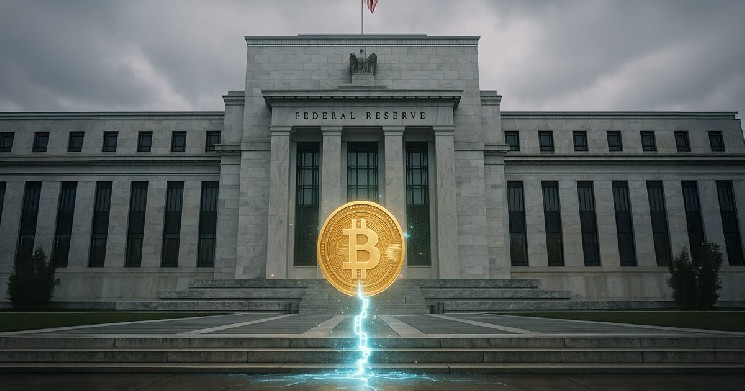Federal Reserve Vice Chair for Supervision Michelle Bowman has known as for banks to embrace blockchain know-how or threat dropping relevance.
At the Wyoming Blockchain Symposium on Aug. 19, Bowman emphasised that regulators and banks should undertake a extra proactive strategy to the crypto trade.
She identified that integrating these new modern applied sciences can be essential for sustaining relevance in a quickly evolving monetary panorama.
She stated:
“It’s important that banks and regulators are open to participating in new applied sciences and departing from an excessively cautious mindset. Regulators should perceive new services and products and acknowledge the utility and necessity of embracing know-how within the conventional monetary sector.”
The Fed government argued that this shift is just not non-obligatory however obligatory for the continued vitality of the banking system. She added that establishments that fail to evolve may change into peripheral gamers, whereas forward-looking banks may strengthen their place out there.
Tokenization as a right away use case
Bowman highlighted tokenization as some of the instant functions of blockchain. She defined that tokenized property could be transferred digitally with out intermediaries or the bodily motion of securities.
She stated the strategy eliminates many handbook steps and custodial coordination that at present creates delays and will increase operational threat.
Furthermore, Bowman famous that tokenized programs can streamline these steps, scale back operational friction, and increase market entry.
Attributable to this, the Fed chief famous that regulatory alignment may transfer tokenization from pilot initiatives to mainstream adoption that may profit each main banks and smaller group establishments.
Fraud prevention
Past tokenization’s effectivity, Bowman highlighted blockchain’s potential to fight fraud.
Within the speech, she conceded that monetary establishments face dangers from identification theft, scams, and associated crimes.
Nonetheless, she argued that if blockchain can measurably scale back fraud, regulators ought to facilitate its adoption reasonably than impede it.
Based on her:
“If fraud could be addressed utilizing new know-how, we must always guarantee that the regulatory framework doesn’t stand in the way in which. I see this as an thrilling alternative for collaboration between trade and the Fed.”









